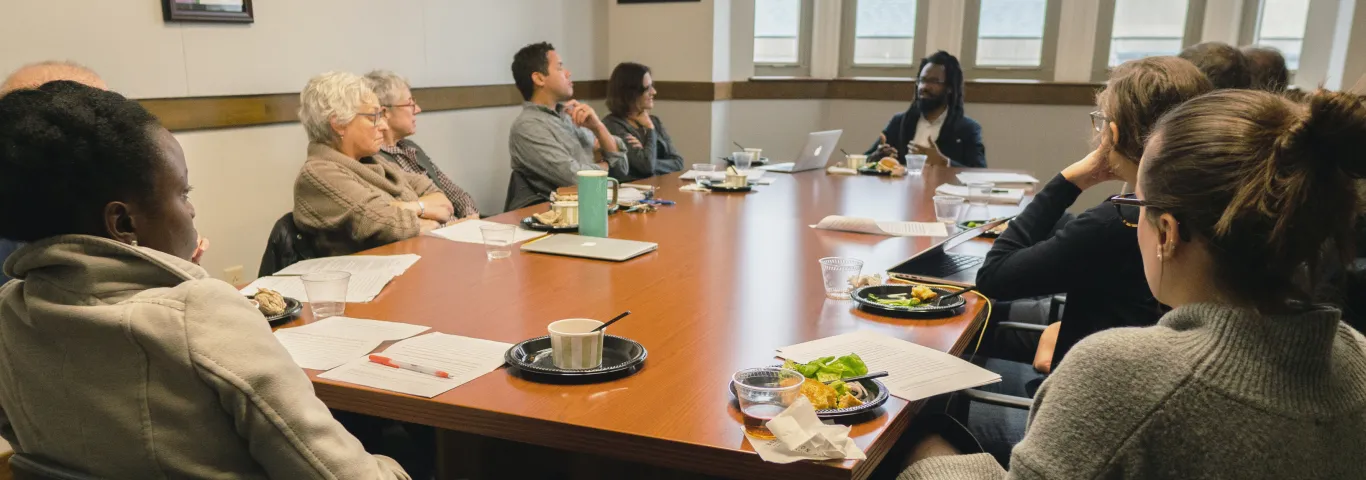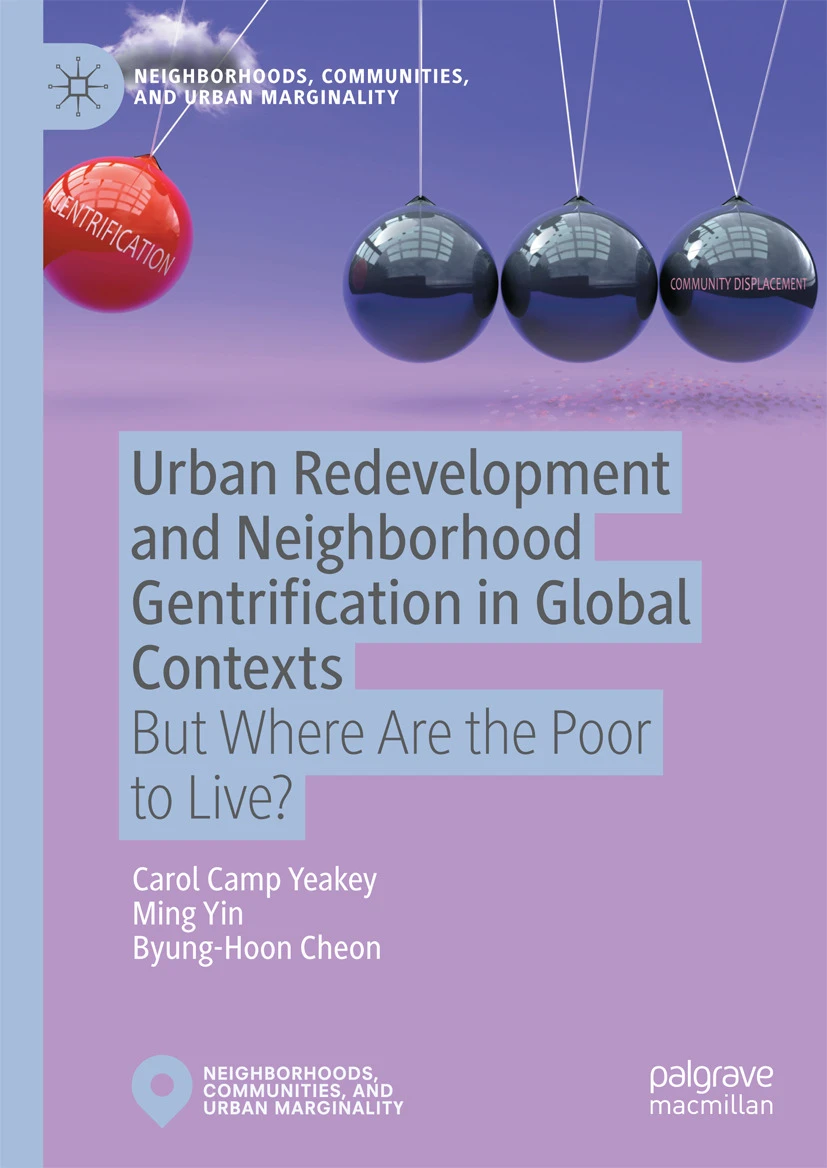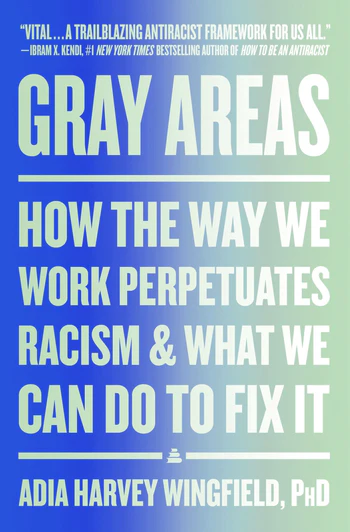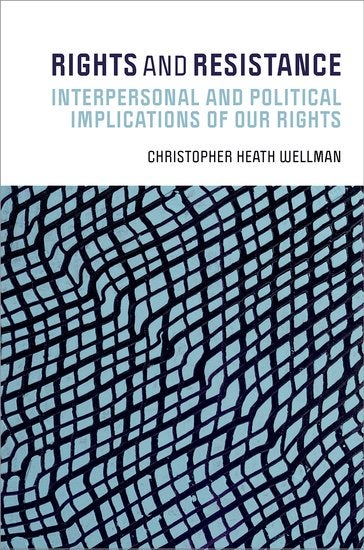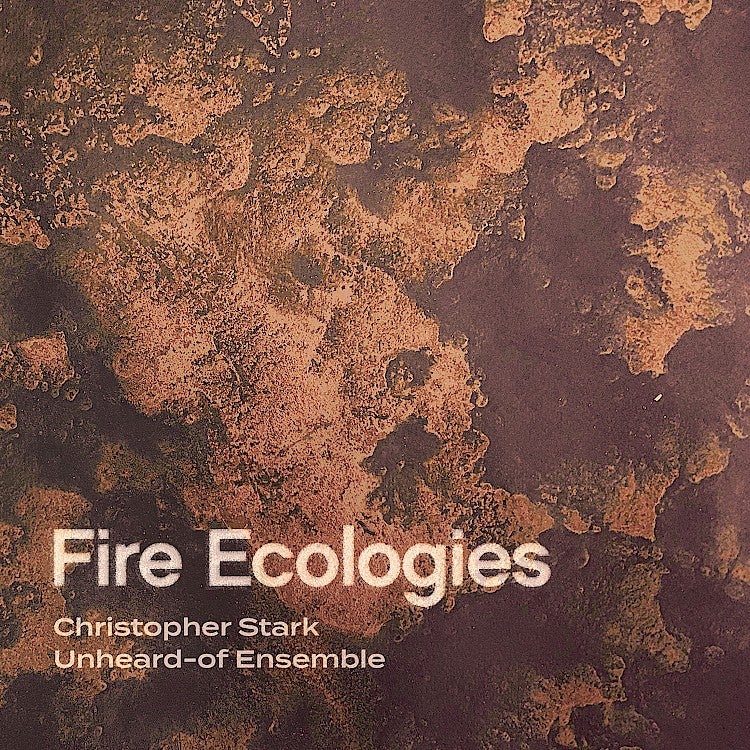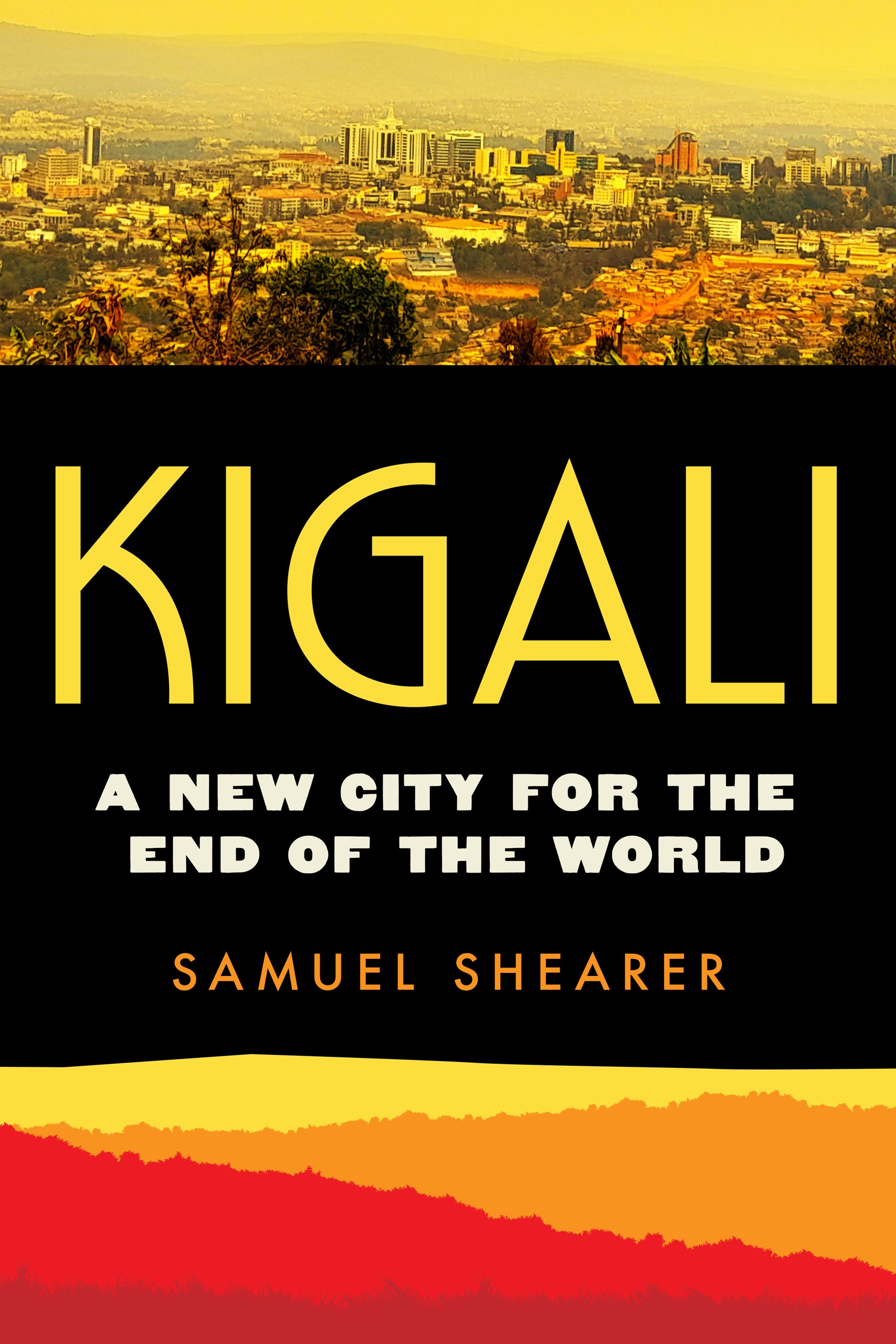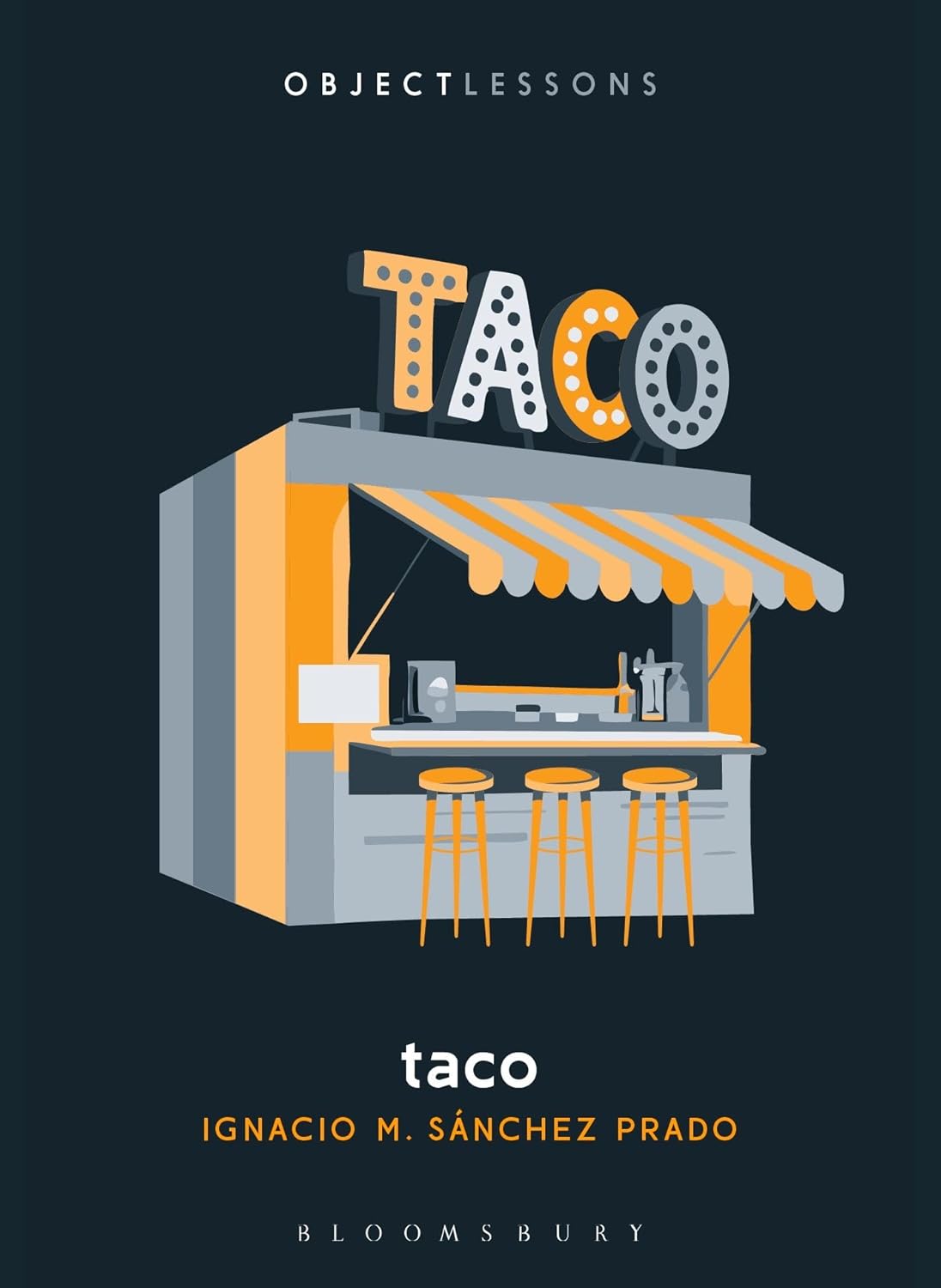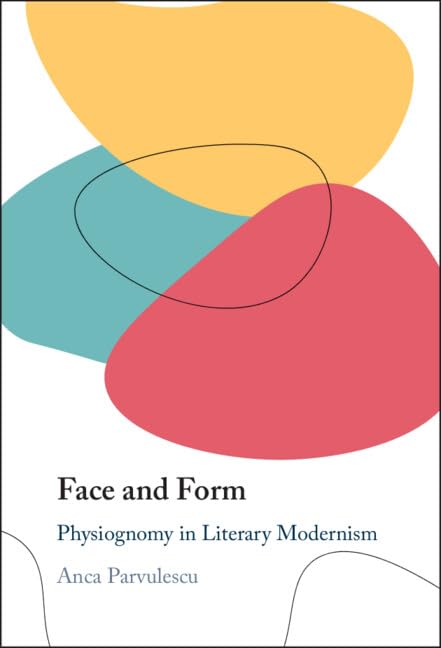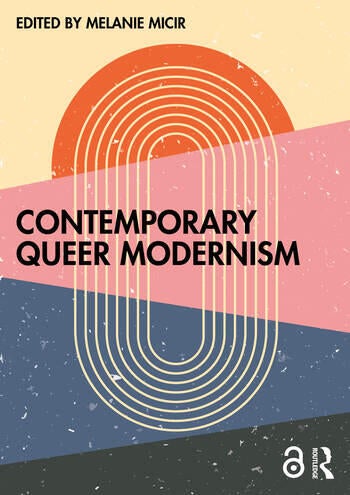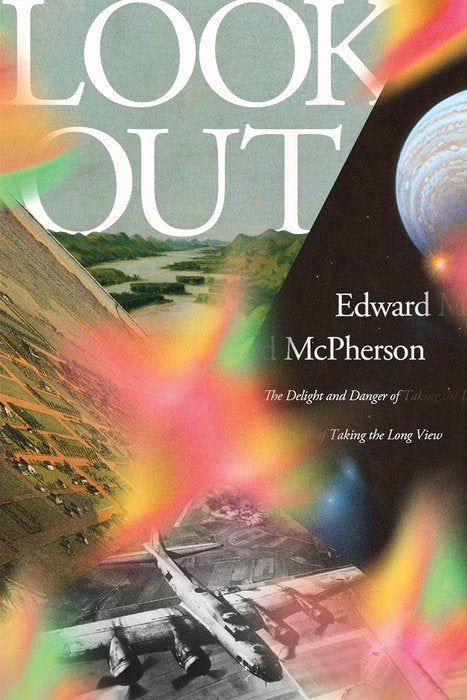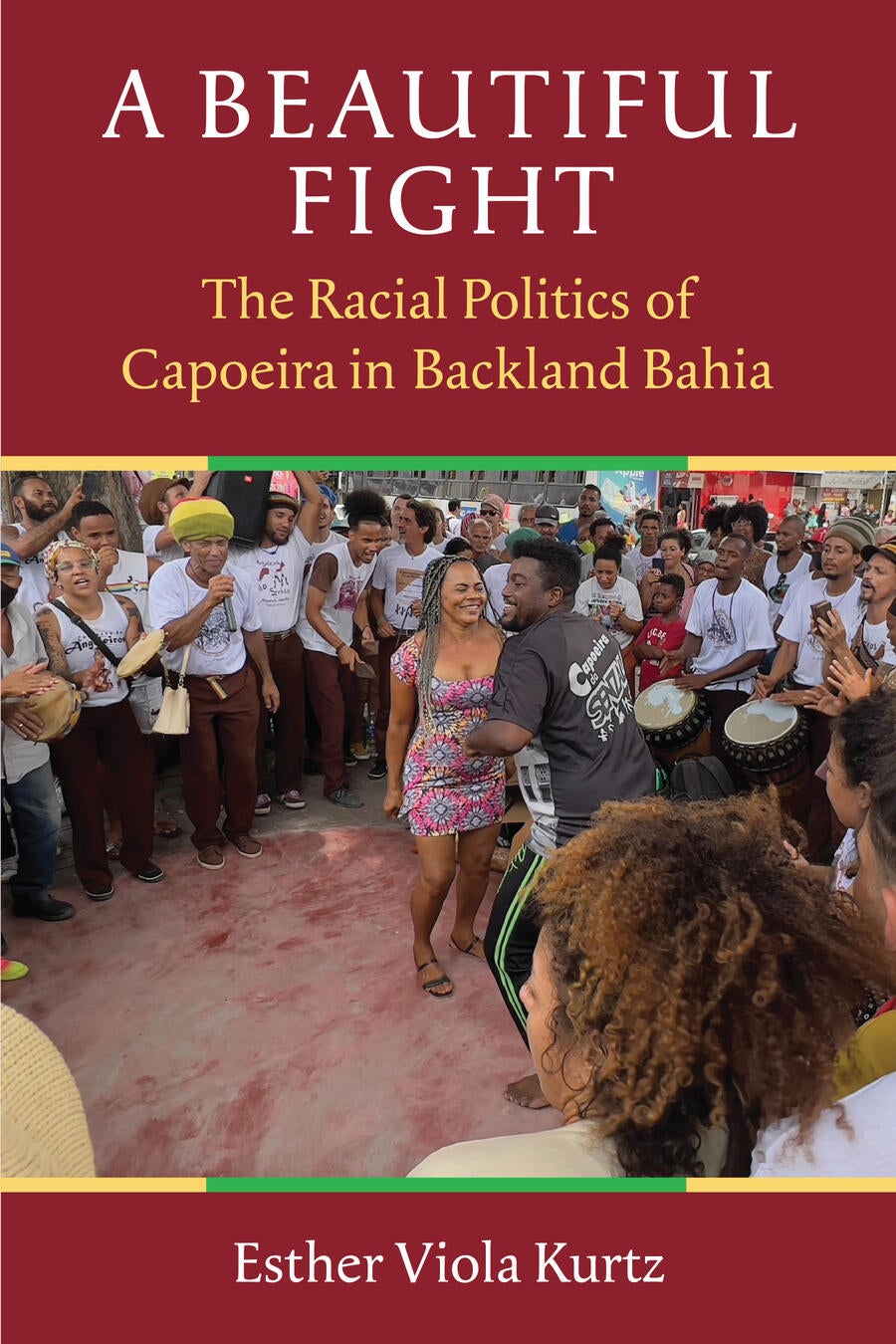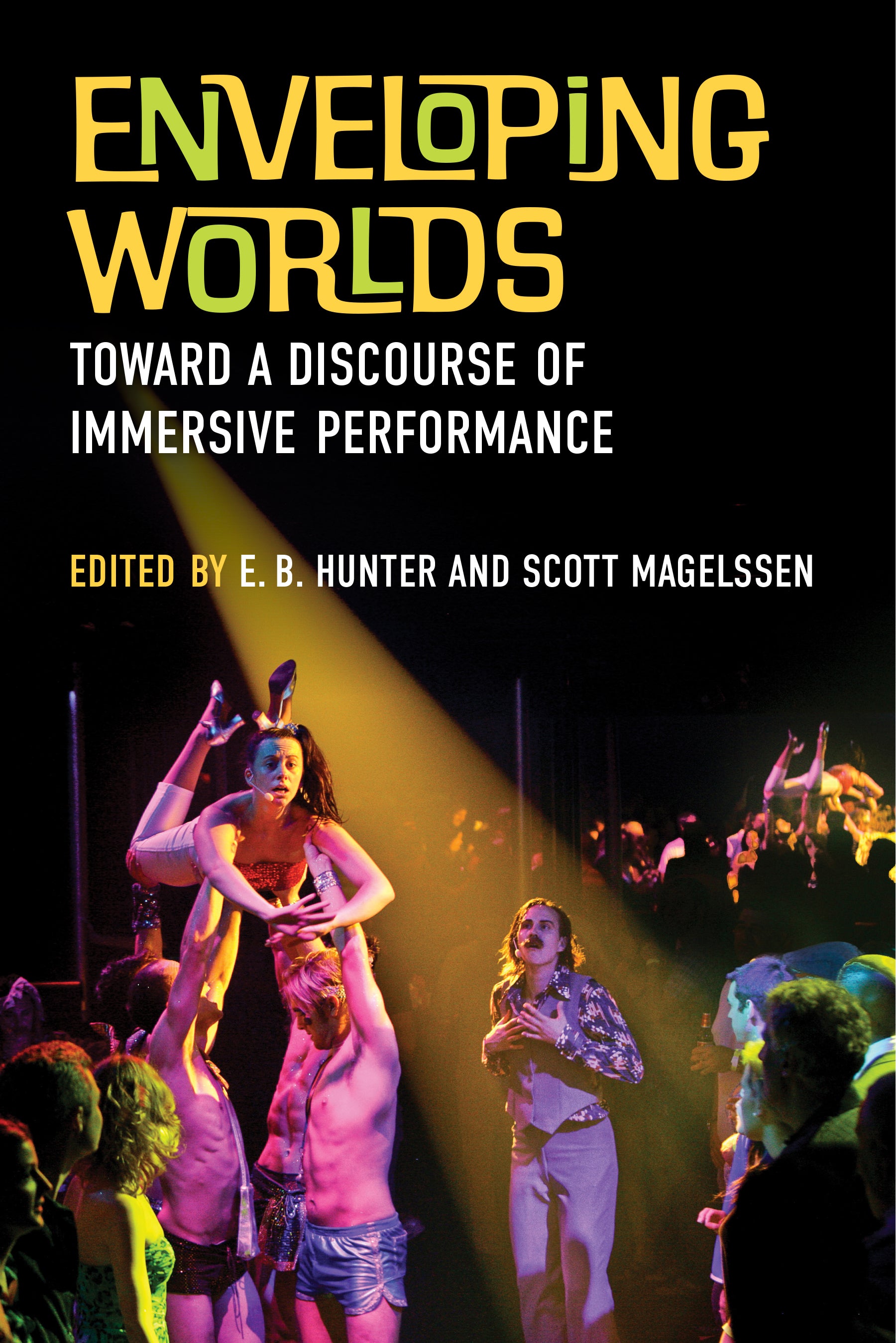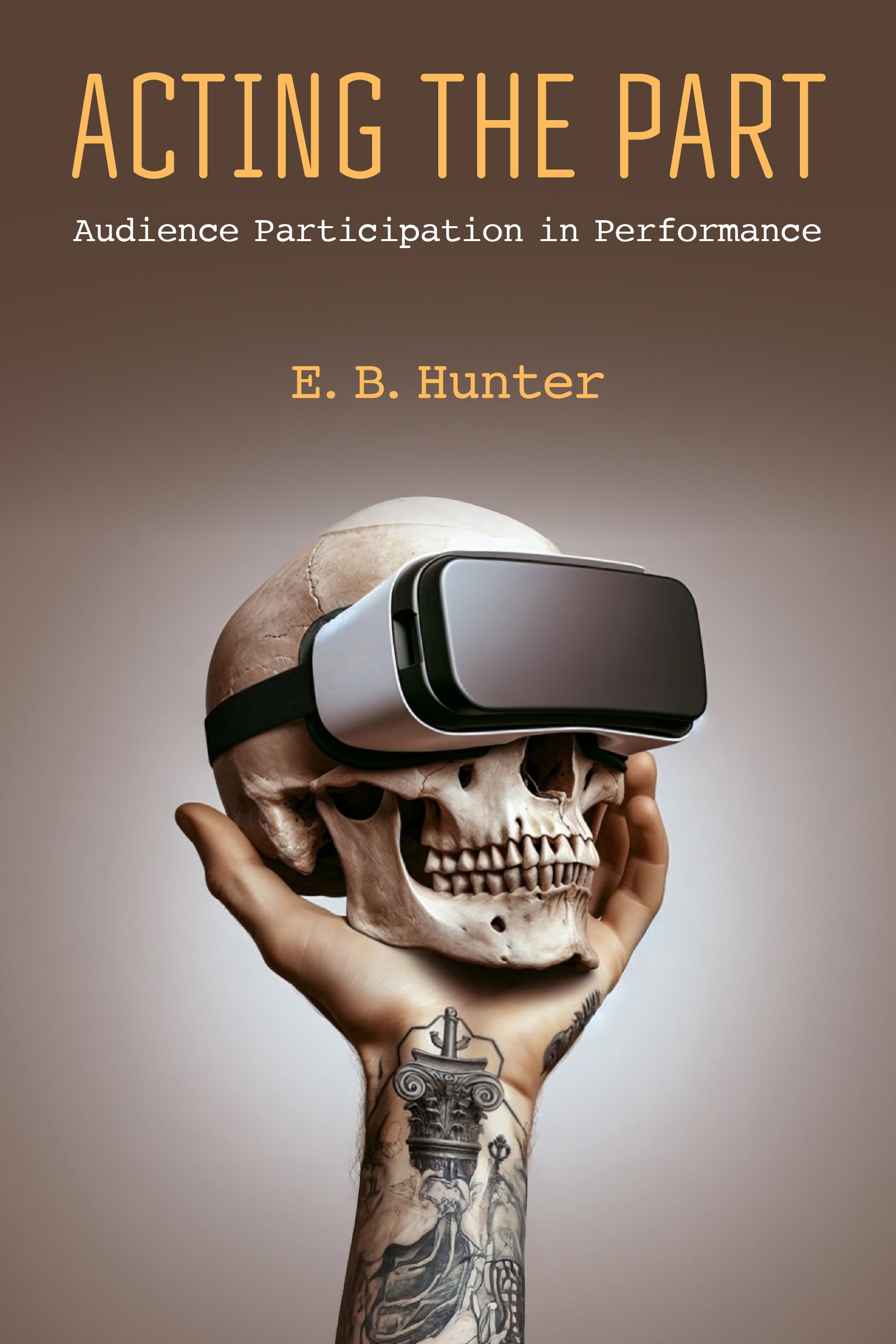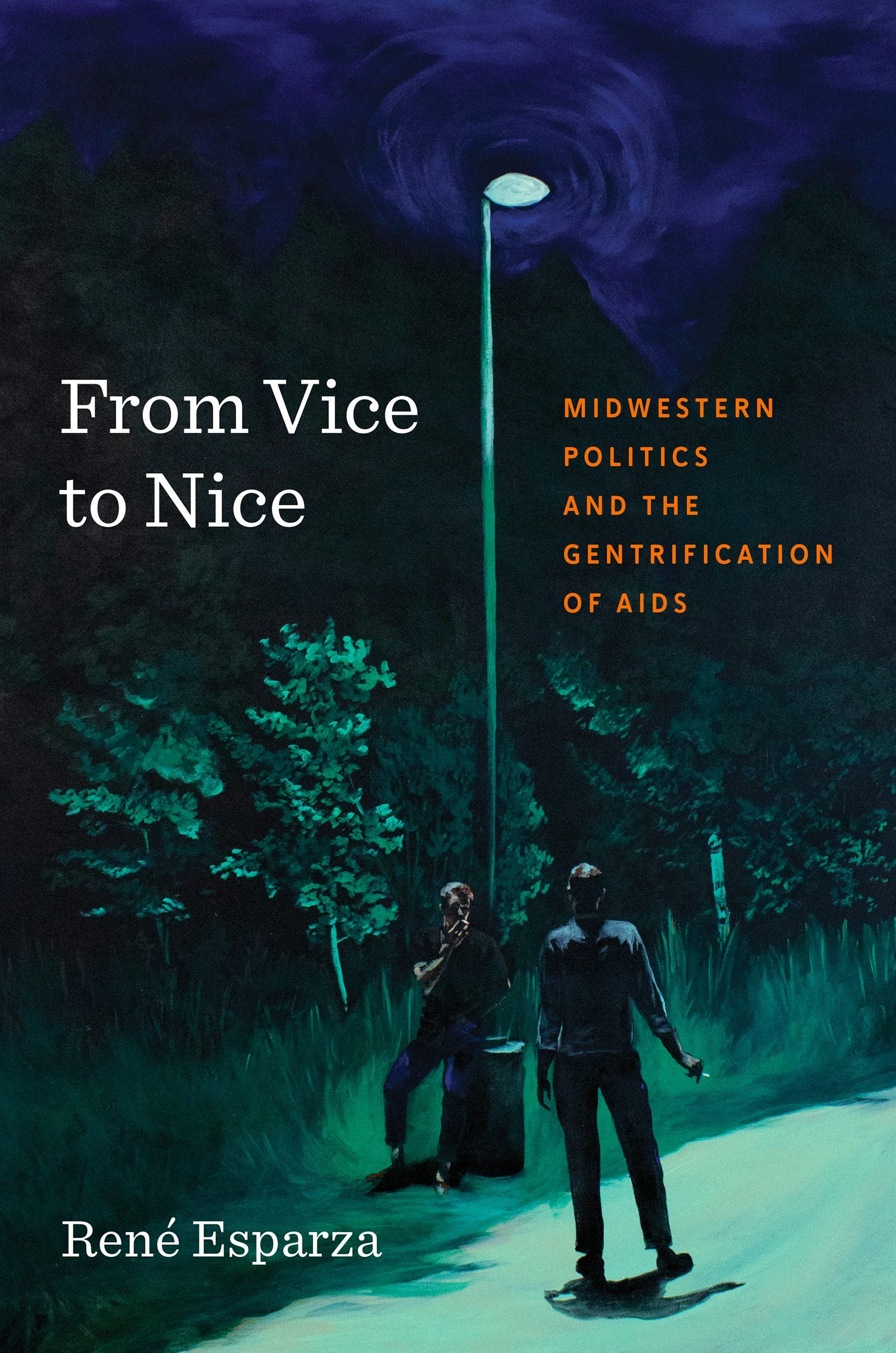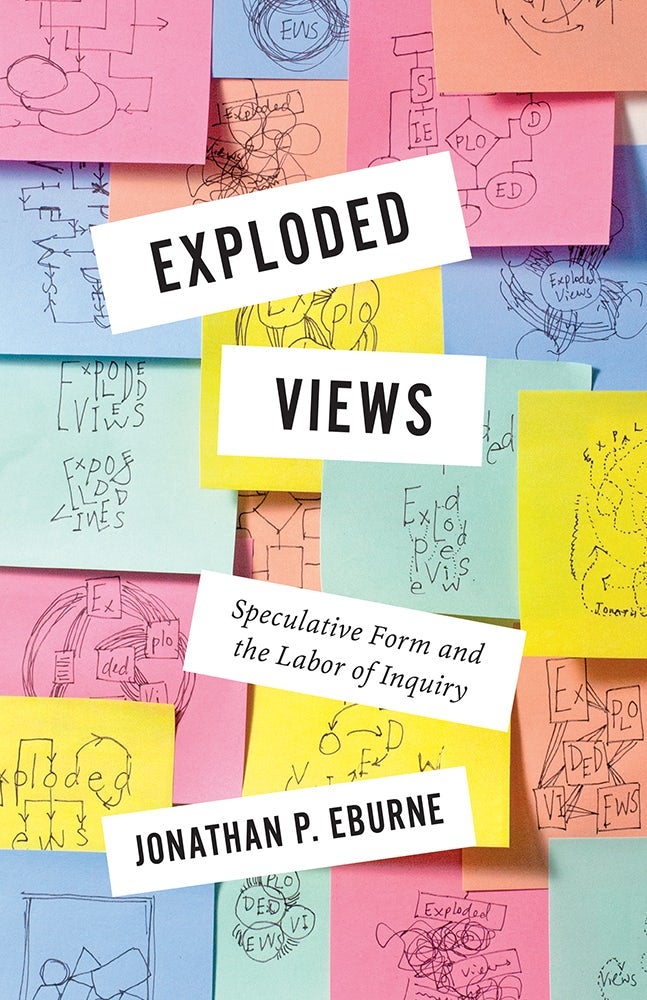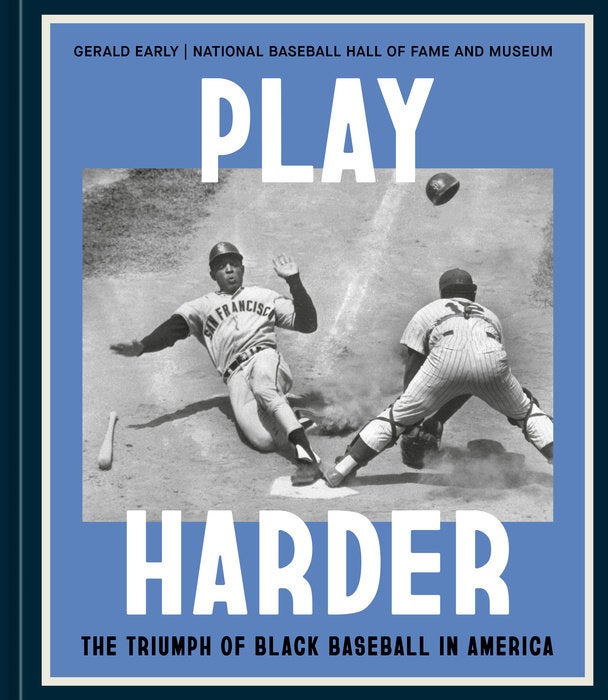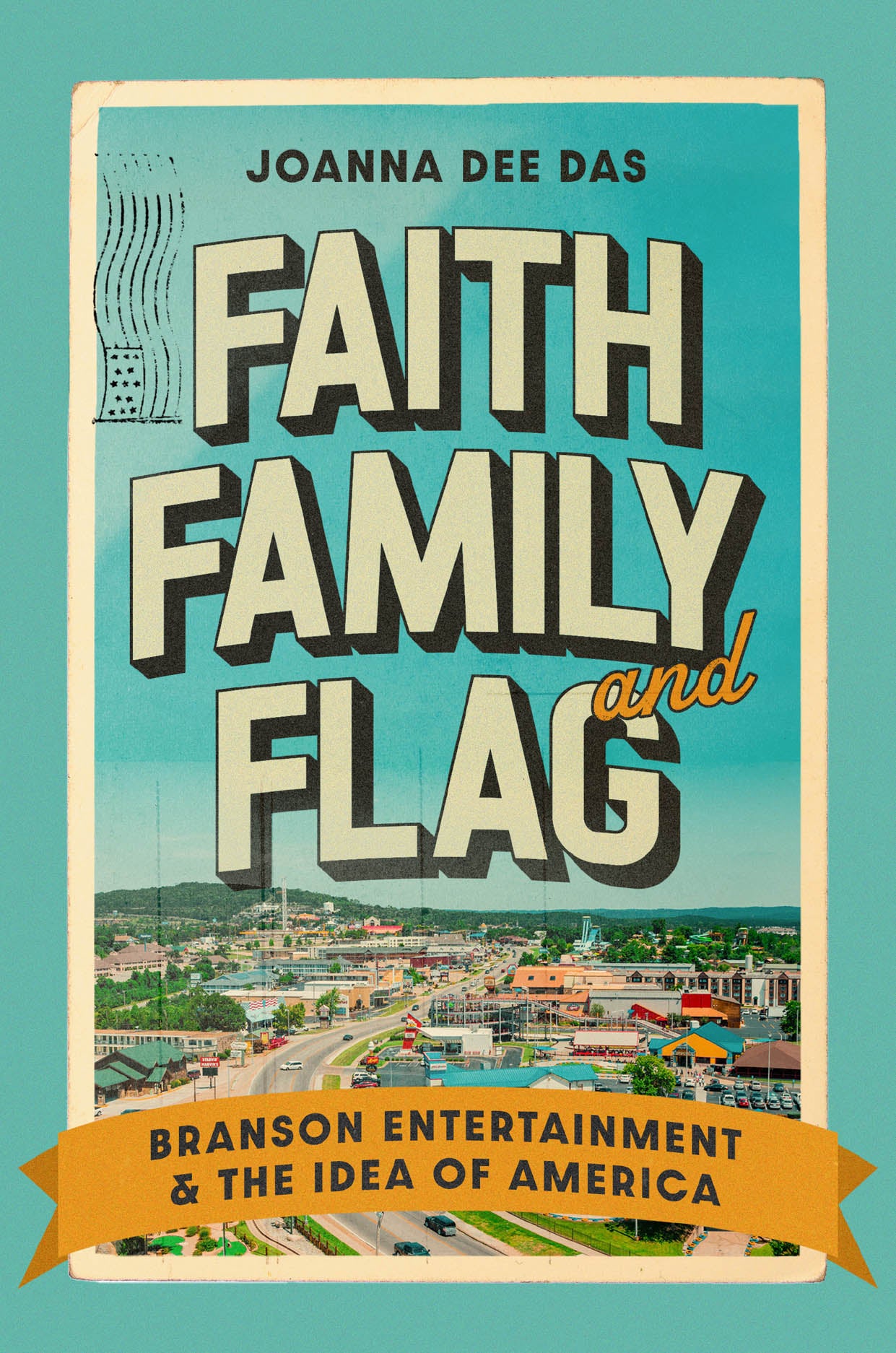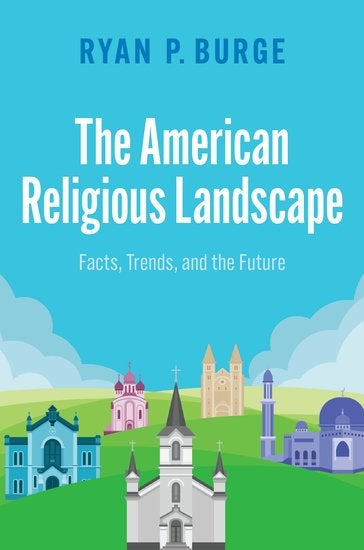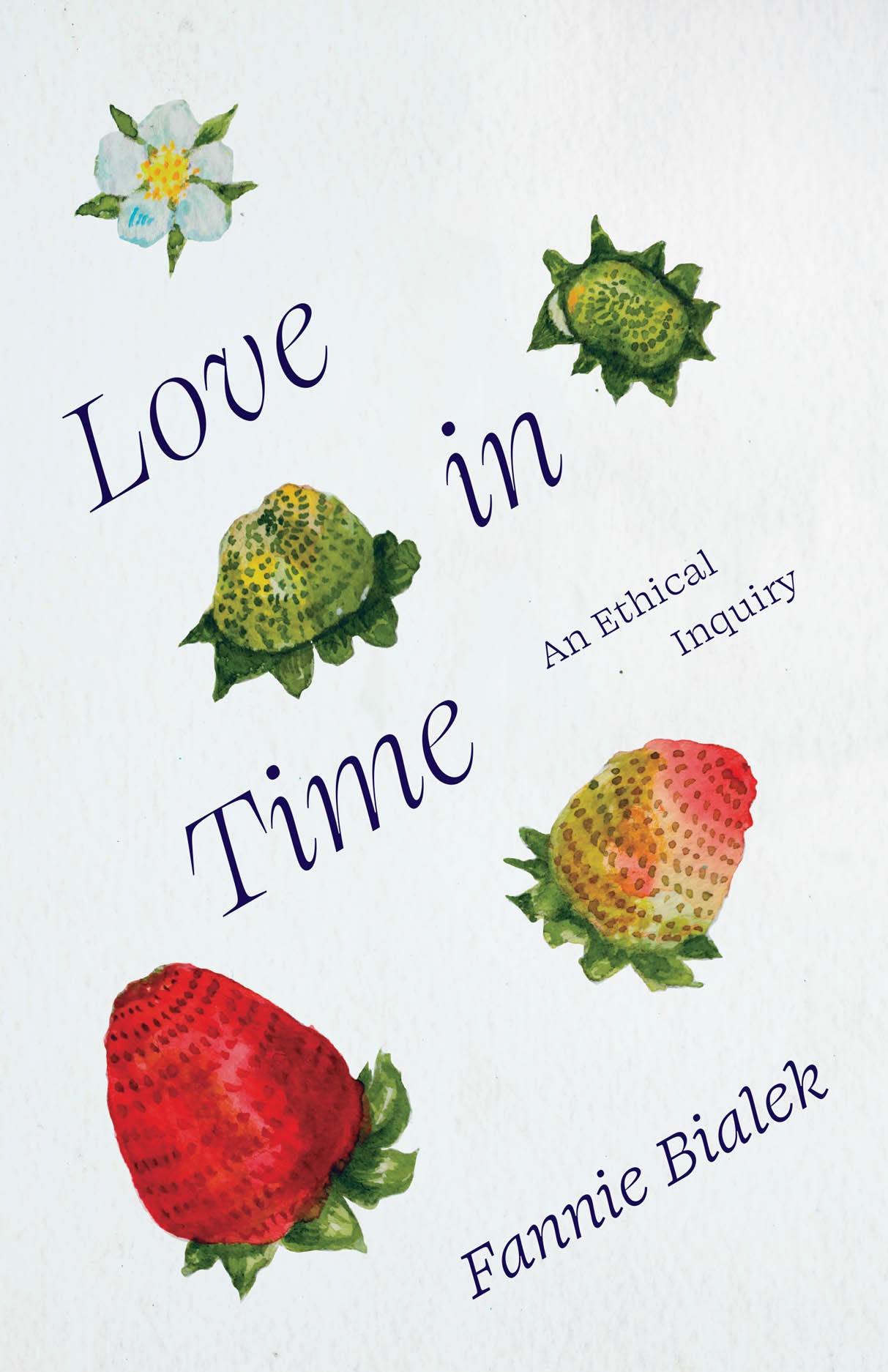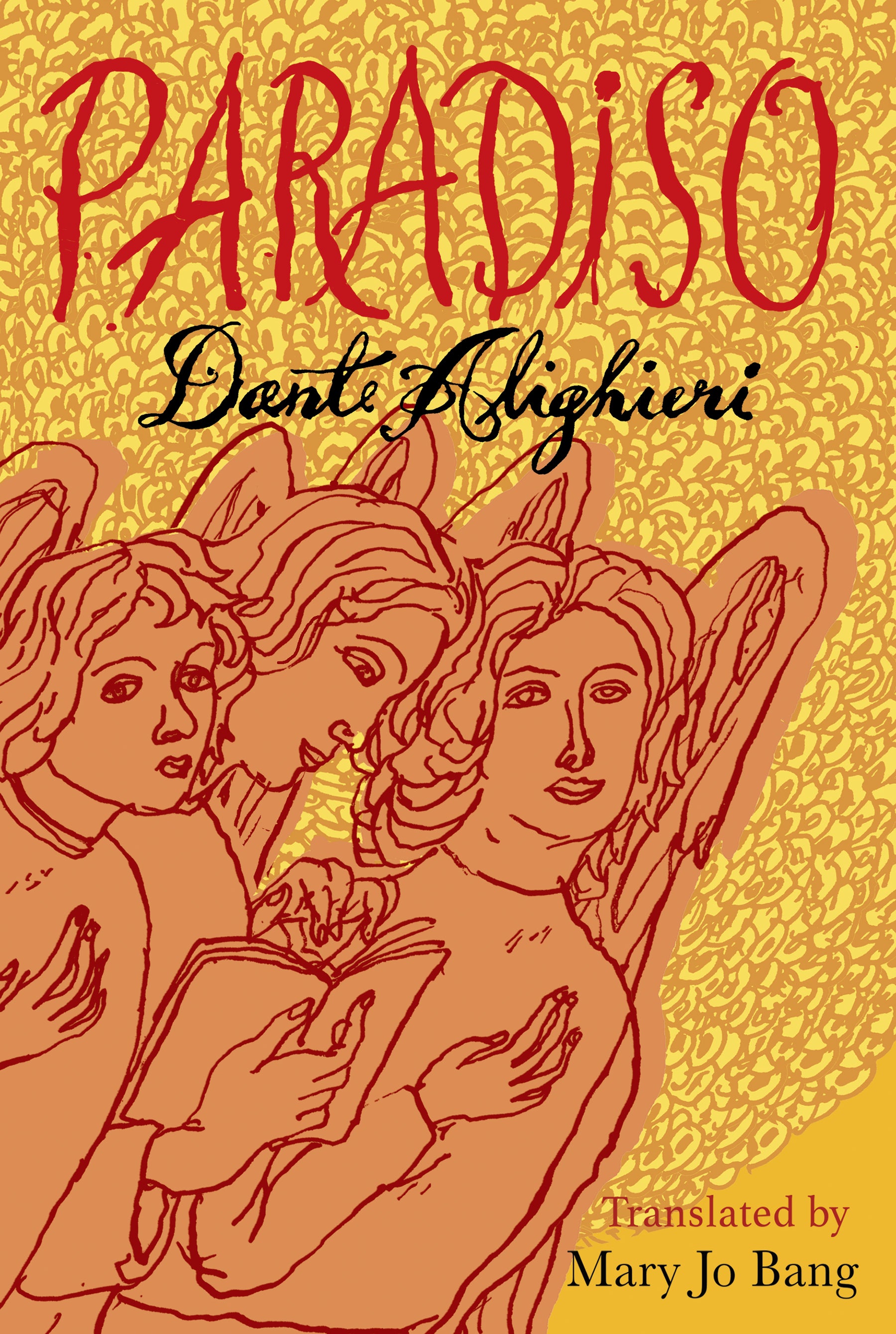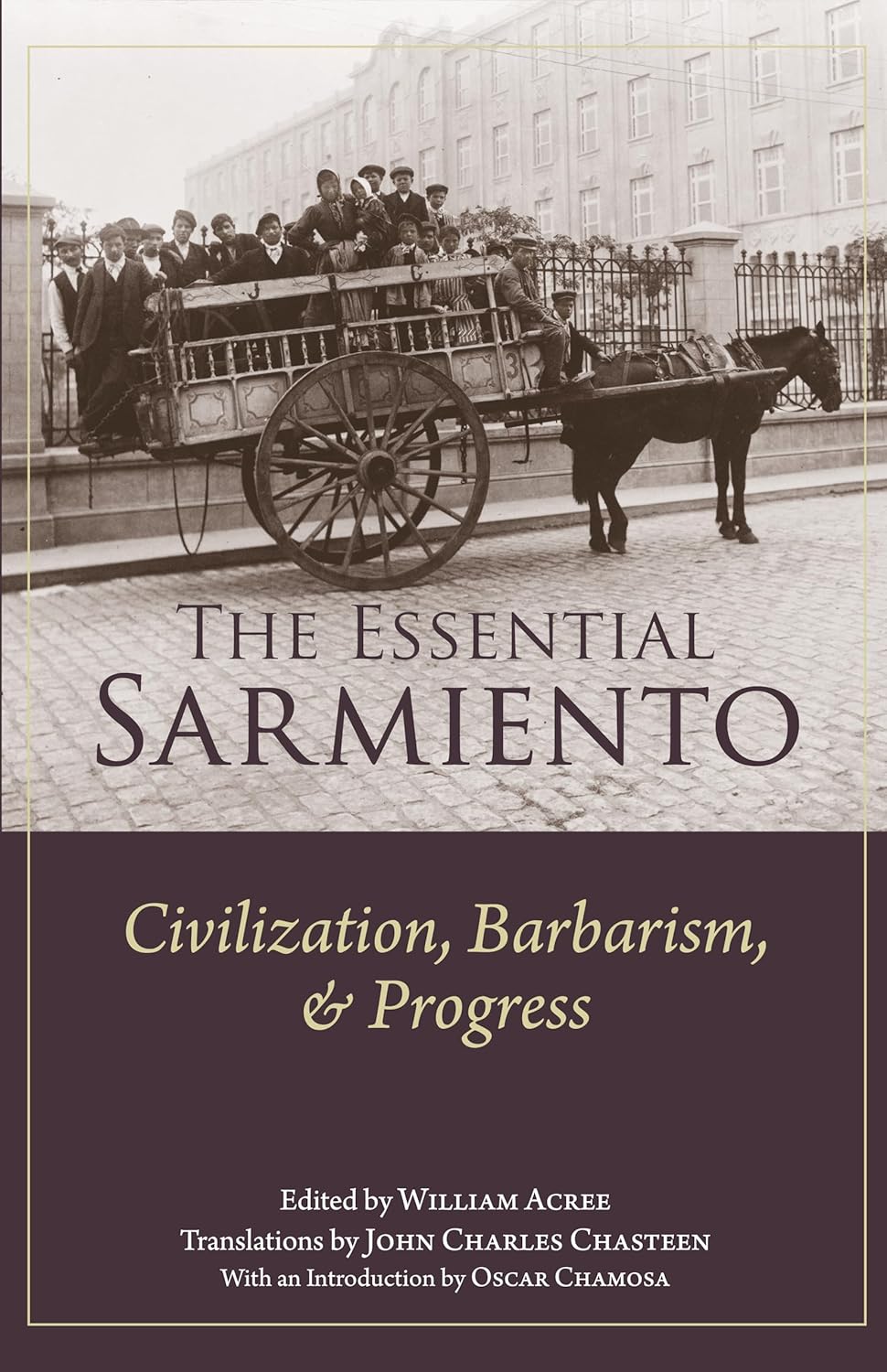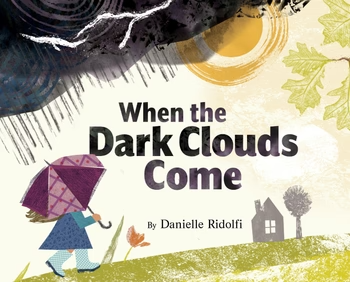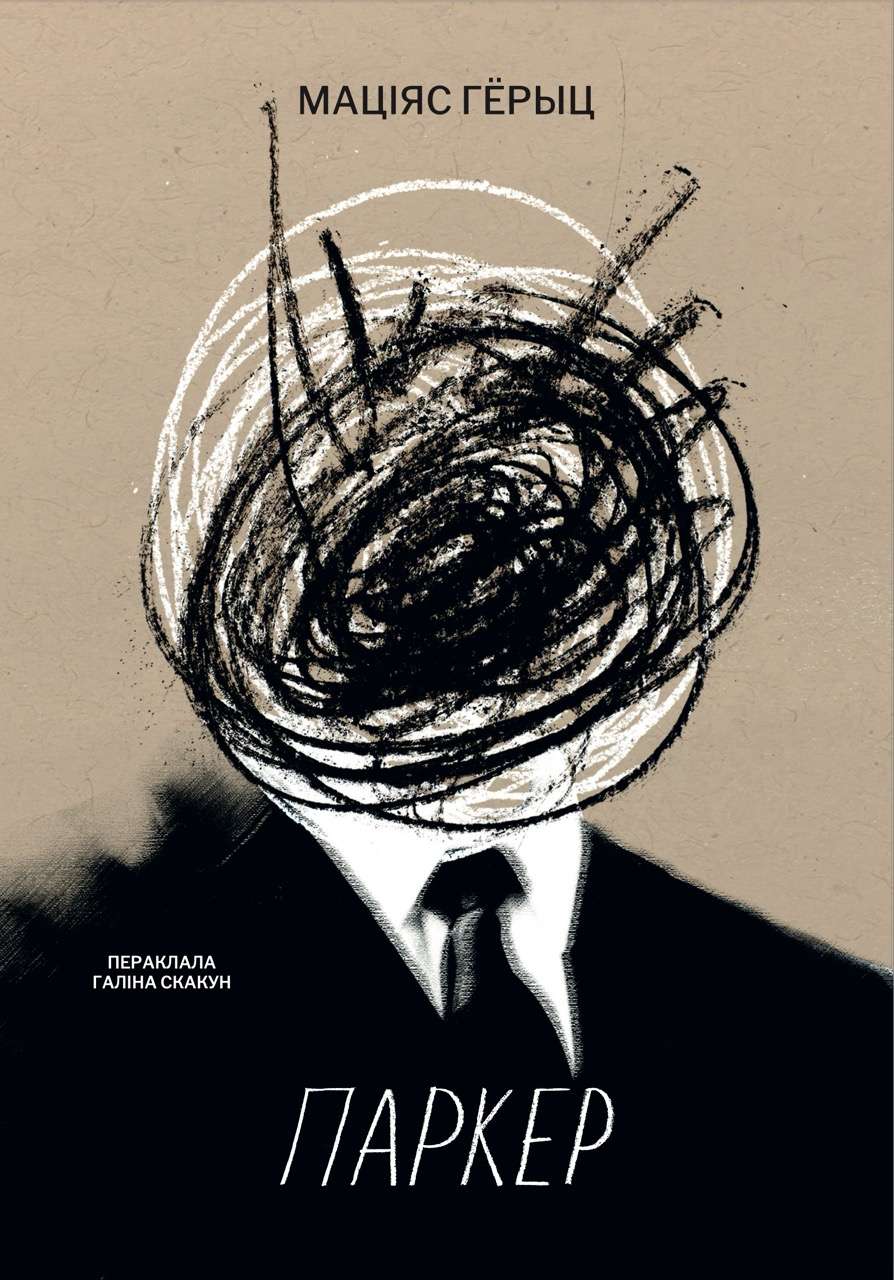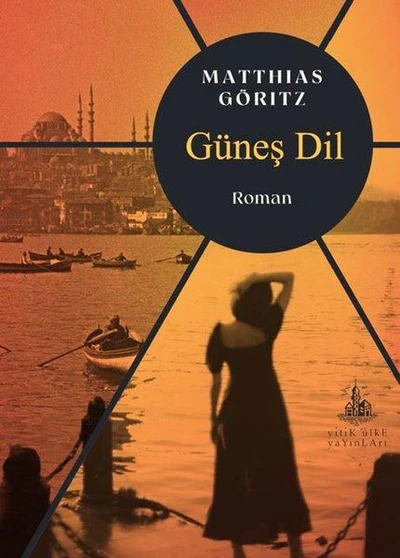Fellowships for Humanities and Humanistic Social Sciences Faculty
Time devoted exclusively to research and writing is integral to academic productivity. It allows scholars to travel to important sites, pore over far-flung archives, conduct interviews and otherwise become immersed in the pursuit of a research question. Scholars need time to reflect, analyze and make connections and, finally, share their discoveries with the world. While faculty engage in this kind of activity as a matter of course, the fellowship — a period of time free of administrative, service and teaching responsibilities — provides the opportunity to make significant strides.
The Washington University Center for the Humanities is pleased to offer one-semester Faculty Fellowships for humanities and humanistic social sciences faculty in Arts & Sciences during the fall and spring of each academic year. Applicants are strongly discouraged from submitting applications for both semesters. Up to six fellowships total (Open and First Book) will be awarded per year. Up to two fellowships per year, included in that number, will be designated for a First Book Fellowship.
Those awarded the fellowship will be in residence at the center for the designated semester and will be relieved of all teaching and administrative duties for that semester. The Faculty Fellowship Program is designed to provide a supportive environment for innovative, interdisciplinary scholarship and research. The fellowships are open to all tenured and tenure-track faculty members in the humanities and humanistic social sciences.
